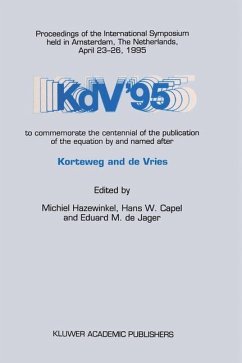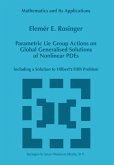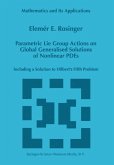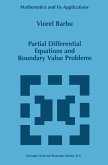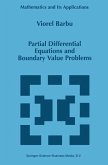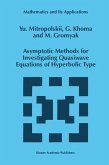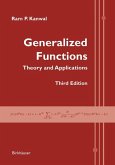Exactly one hundred years ago, in 1895, G. de Vries, under the supervision of D. J. Korteweg, defended his thesis on what is now known as the Korteweg-de Vries Equation. They published a joint paper in 1895 in the Philosophical Magazine, entitled `On the change of form of long waves advancing in a rectangular canal, and on a new type of long stationary wave', and, for the next 60 years or so, no other relevant work seemed to have been done. In the 1960s, however, research on this and related equations exploded. There are now some 3100 papers in mathematics and physics that contain a mention of the phrase `Korteweg-de Vries equation' in their title or abstract, and there are thousands more in other areas, such as biology, chemistry, electronics, geology, oceanology, meteorology, etc. And, of course, the KdV equation is only one of what are now called (Liouville) completely integrable systems. The KdV and its relatives continually turn up in situations when one wishesto incorporate nonlinear and dispersive effects into wave-type phenomena.
This centenary provides a unique occasion to survey as many different aspects of the KdV and related equations. The KdV equation has depth, subtlety, and a breadth of applications that make it a rarity deserving special attention and exposition.
This centenary provides a unique occasion to survey as many different aspects of the KdV and related equations. The KdV equation has depth, subtlety, and a breadth of applications that make it a rarity deserving special attention and exposition.

